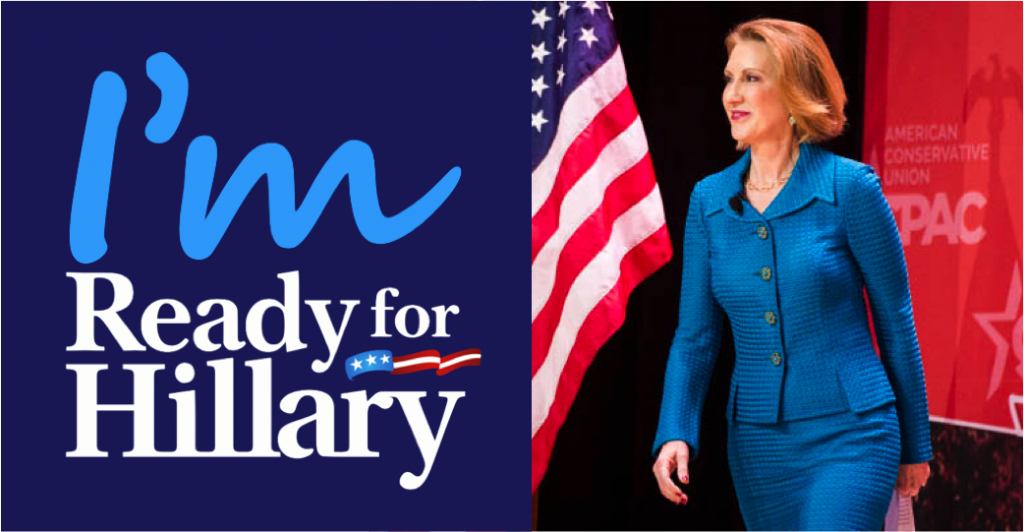With Hillary Clinton’s official announcement of her presidential candidacy—and now Carly Fiorina’s GOP candidacy—we have seen the immediate and constant sexism that will undoubtedly plague the campaign coverage until election day. Time Magazine, for example, ran a piece focusing on Clinton’s presumed post-menopausal estrogen levels as an asset to her presidential leadership skills (we have yet to spot an article on the testosterone levels of Jeb Bush or Bernie Sanders).
Media outlets often pay a disproportionately higher rate of attention to female candidate’s wardrobe, appearance, and age than to that of male candidates, treating women as novelties rather than serious contenders. The focus on appearance objectifies and sexualizes, delegitimizing their authority.
- Caroline Heldman and Lisa Wade. 2011. “Sexualizing Sarah Palin: The Social and Political Context of the Sexual Objectification of Female Candidates.” Sex Roles 65: 156-164.
- Caroline Heldman, Susan J. Carroll, and Stephanie Olson. 2005. “She Brought Only a Skirt: Print Media Coverage of Elizabeth Dole’s Bid For the Republican Nomination.” Political Communication 22: 315-335.
People evaluate “appropriate” roles for women in public office based on gender stereotypes about policy and issue competency more than on personality traits. Public opinion survey respondents indicate that they find female candidates more capable of handling “feminine” topics like education and healthcare, while male candidates are more qualified to deal with “masculine” issues like terrorism and the economy.
- Kathleen Dolan. 2010. “The Impact of Gender Stereotyped Evaluation on Support for Women Candidates.” Political Behavior 32(1): 69-88.
Contrary to expectations, neither higher numbers of educated women nor the type of political system translates to more women in national office. In fact, female congressional candidates win at similar rates to men in general elections. Instead, ideologies about women’s roles and positions in societies influence women’s abilities to enter politics as candidates and survive the primary process.
- Jennifer L. Lawless and Kathryn Pearson. 2008. “The Primary Reason for Women’s Underrepresentation? Reevaluating the Conventional Wisdom.” The Journal of Politics 70(1):67-82
- Sheri Kunovich and Pamela Paxton. 2005. “Pathways to Power: The Role of Political Parties in Women’s National Political Representation.” American Journal of Sociology 111(2): 505-552.
For more on this topic, check out Scholars Strategy Network and Sociological Images


Comments 2
E — May 9, 2015
Correction: Bernie Sanders, not Saunders.